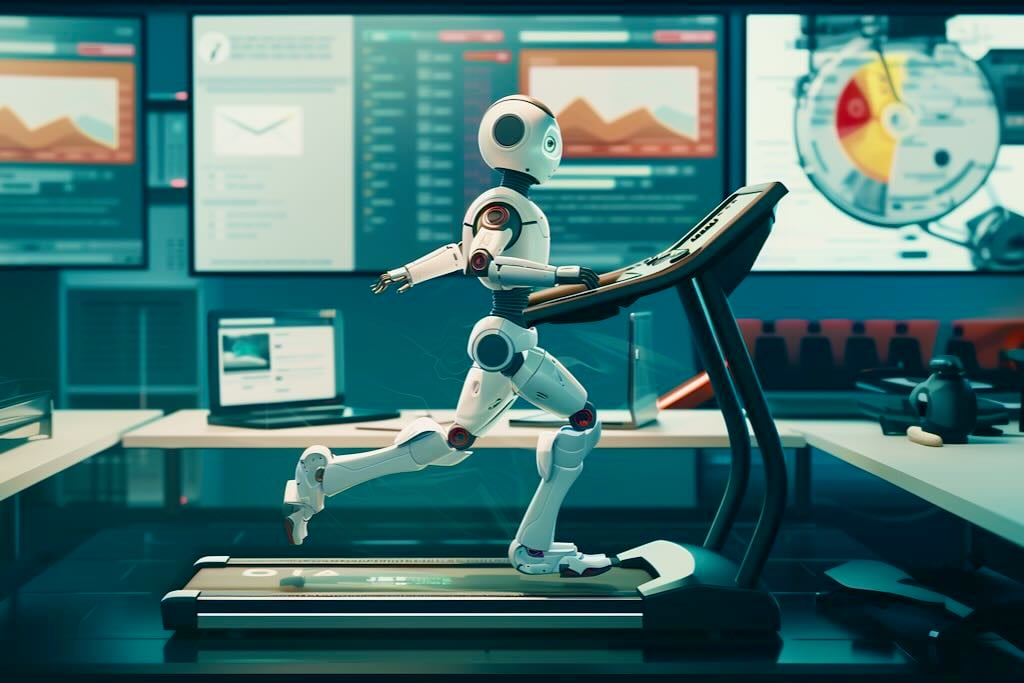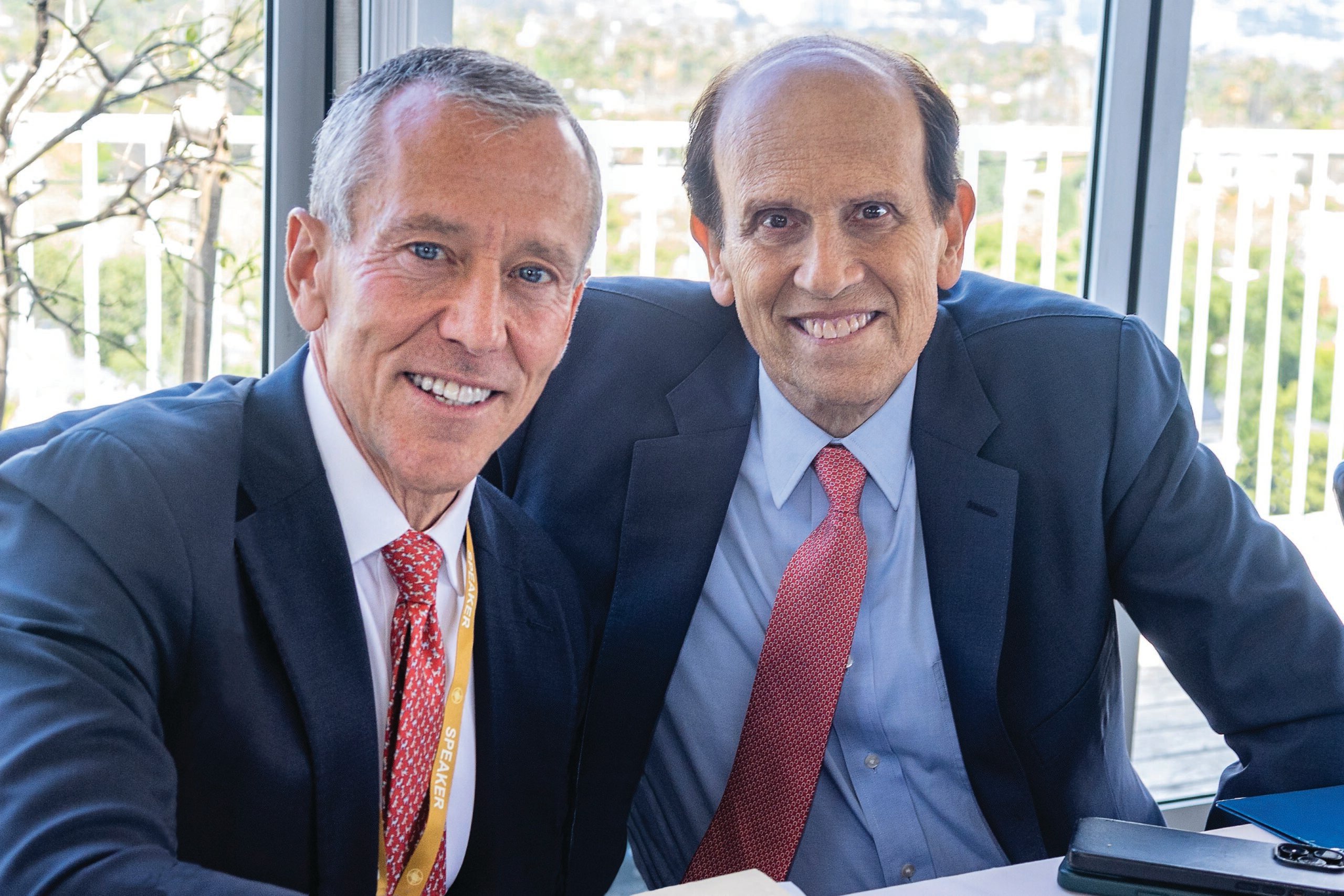Last March, I attended Worth’s Techonomy Climate 2023. I was inspired by speakers such as Bill Gross, Melanie Nakagawa, Ellen Jackowski, and Susan Kenniston. They impressed on me that the sustainable energy sector is vast and diverse. From renewable power generation to energy-efficient technologies, the possibilities are only limited by our imagination.
As business owners and entrepreneurs, we must recognize that economic growth and environmental stewardship can be mutually reinforcing. By adopting renewable sources, we safeguard our energy security, reducing our dependence on finite resources that may become scarce or politically unstable. Moreover, sustainable energy solutions empower local and global communities by fostering self-reliance and creating jobs in emerging sectors that promise long-term prosperity.

With the cost of clean energy continuing to drop, and the demand for sustainable products and services on the rise, businesses that invest in climate solutions are positioned to thrive in the years to come. However, moving away from fossil fuels won’t be easy.
One of the smartest and most thoughtful people I know, Bill Gross, explained why it is so hard to let go of fossil fuels. “Energy is such a big part of our humanity. It accounts for our comfort, convenience, productivity, safety, and dramatic growth in GDP…We have to stop burning stuff and use a renewable energy source to still have all the comforts and conveniences of our lives without adding more to that landfill up in the sky.”
As we learn to incorporate sustainable solutions into our energy infrastructure, we will run into problems. However, problems create space for the backbone of the American economy to thrive. Innovation, resilience, and entrepreneurship will rush to fill gaps, but we must give them the runway.

The key to this conversion is affordability. Gross pointed out that energy accounts for 10% of the $100 trillion global GDP. Making meaningful change in an industry of that size takes something big to push the needle. That thing is money. People rely on affordable access to energy. This is the next big business frontier.
And it’s not just businesses currently relying on fossil fuels that are poised to make an advantageous shift to sustainable innovation. Melanie Nakagawa, chief sustainability officer at Microsoft, took the stage to discuss how Microsoft is doubling down on its commitment to fight climate change and solving one of its biggest problems—transparency between partners. They recently launched their Microsoft Cloud for Sustainability, a data hub that allows their customers and partners to view, record, and track their data through the lens of sustainability.
I recently got the opportunity to meet Brian Halligan, co-founder and executive chairman at HubSpot. Brian recently co-founded Propeller VC, a venture capital fund targeting ocean-based solutions to battle climate change. Brian explained that the ocean stores 90% of the earth’s carbon dioxide and produces 50% of the oxygen we humans breathe. Propeller VC focuses on opportunities to conserve and enhance the ocean’s resources, and at 70% of our planet’s surface, there is endless innovation to explore in the science and technology sectors.
Last year, I shared how the venerable speakers at Worth’s Techonomy Climate 2022 changed my mind about the urgency of climate change. This year, I came away with the conviction that those who do not make this shift are missing out on the most prominent business opportunities of our lifetime. Renewable energy costs are dropping, demand for sustainable products and services is rising, and customers are increasingly seeking businesses committed to environmental stewardship. It’s time to adopt a more balanced, thoughtful approach that incents the right behaviors and welcomes the next frontier of business. For those still skeptical about this conversion, I ask you again: Why not?











